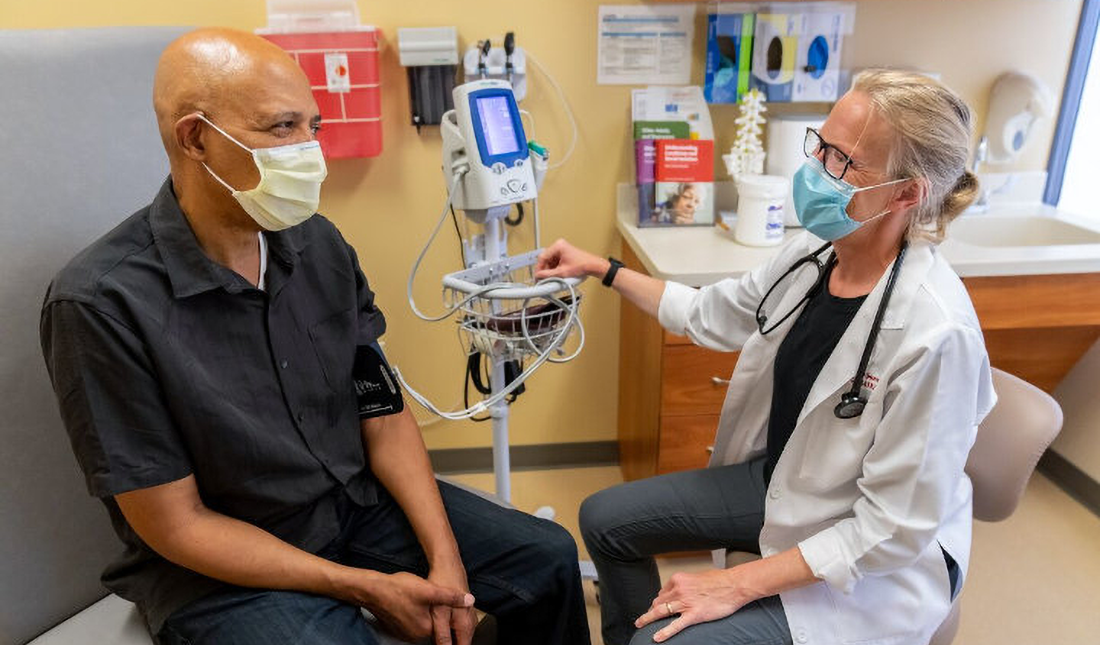
02 Feb UW study focuses on Alzheimer’s disease treatment and prevention in Black adults
As the first generation of Alzheimer’s disease drugs hits the market, some researchers are troubled by the lack of clinical data available on the effectiveness of these drugs in Black people.
By Emily Greendonner, UW School of Medicine and Public Health
Even though Black adults are nearly twice as likely to develop Alzheimer’s as white adults, they are much less likely to be included in research, according to Carey Gleason, an associate professor of medicine and geriatrics researcher at the University of Wisconsin School of Medicine and Public Health, who has a doctorate in clinical neuropsychology. This means new Alzheimer’s drugs are based largely on clinical data from a population that is white, highly educated and at high-risk because of family history, she said.
“The new drugs aimed at Alzheimer’s like lecanemab target removing amyloid (plaques in the brain that are a marker of the disease) but most of the data we have about amyloid is based on white populations,” Gleason said. “We don’t know if the amyloid association with disease symptoms will hold for the Black population.”
Gleason and her research team’s African Americans Fighting Alzheimer’s in Midlife (AA-FAiM) study is entering its second, five-year cycle and they are focused on making Alzheimer’s research more inclusive.
Researchers will do brain imaging and other tests with approximately 500 African American volunteers to document whether amyloid buildup is linked to disease symptoms and progression in this population. More than 400 African American participants have already signed on.
The study’s enrollment figures are eye-popping, according to Gleason. About 7% of Wisconsin’s population is Black, but Black volunteers account for 27% of the people enrolled in Alzheimer’s trials at the UW School of Medicine and Public Health. Read more …



